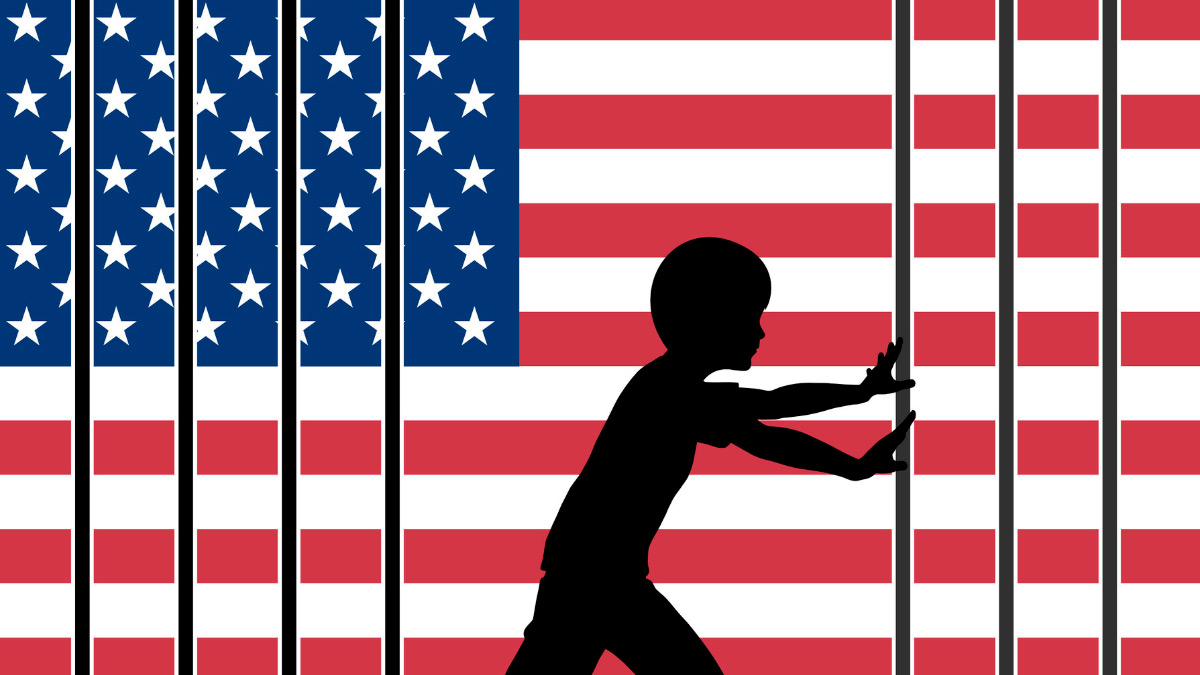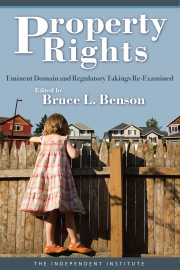The Trump Administration caved to public outcry and finally reversed its aggressive policy of separating parents from children during arrests at border crossings. The damage done to public trust, however, may be irreparable. Many are likely wondering in the aftermath how President Trump could have thought this soul-tearing policy could even be tolerated let alone widened.
The White House might have anticipated the visceral negative public reaction if it had watched the blockbuster movie Solo: A Star Wars Story.
The Story Itself
Solo opens with a young Han Solo desperately trying to escape his home planet of Corellia, a dystopian world where orphans fight to escape the clutches of violent gangs at the risk of death.
Solo and former-girlfriend Qi’ra bribe an imperial officer, a gatekeeper, to gain access to an interplanetary space transport. The couple is discovered just as Solo crosses the threshold to the shuttle and safety. A door closes cutting him off from Qi’ra, who is forced to stay on Corellia and presumably sent back into bondage.
Solo spends the next three years focused solely on returning to rescue Qi’ra. He trains as an imperial navy pilot, endures brutal trench warfare as a disgraced infantryman, tags along with space pirates to earn money, and risks his life, all for the sake of saving his soulmate.
The separation of Solo from Qi’ra is what storytellers and screenwriters call an “inciting incident.” This is the event that forces the protagonist (Solo) to abandon everything he knows, or thinks he knew, to learn new ways of coping with a fundamental threat to his existence. The rest of the movie builds around this hero’s quest to restore order and balance, their “hero’s journey.”
Separation as an Inciting Incident
The inciting incident is not random. As in any story, the event is deliberate and carefully thought out. The incident must strike the protagonist so deeply and emotionally that all subsequent behavior, decisions, and actions ensue from this one event. It must also tap into a deep, universal value to connect with diverse audiences. Otherwise, moviegoers will lose interest and abandon the film.
Han Solo and Qi’ra were bonded as lovers and orphans, seeing the same dreams and aspirations in each other. Director Ron Howard and screenwriters Jonathan and Lawrence Kasdan chose their soul-tearing separation as the inciting incident with calculating deliberation. They knew that audiences the world over would feel the couple’s anguish so deeply as to establish an immediate and lasting bond with Solo and his quest to reunite with Qi’ra.
A Very Human Story
As solid as this trope is, Ron Howard, ever the storyteller, took the imagery to a deeper level. In those early scenes, audiences see and internalize imperial soldiers breaking apart husbands, wives, and children. Amid screams and wails, some are given the privilege of leaving and others are brutally abandoned. Howard is preparing his audience for the trauma of the protagonists’ separation. Solo’s actions become understandable, almost inevitable, but audiences are not so shaken that they’re pushed out of the story.
Solutions to illegal immigration can be crafted, but the answer is not to inflict ever-greater levels of trauma on those seeking refuge and rebirth in the United States. Perhaps policymakers should start by looking at immigrants as human beings with aspirations, desires, and dreams essentially similar to their own.
Centuries of experience have shown us that humans gravitate, even run, toward opportunity and away from oppression. No amount of policy-induced trauma can stem the fundamental human desire to forge a better life. Our immigration policies should reflect these lessons. If we embrace this universal force, our nation and our conscience will only benefit.










